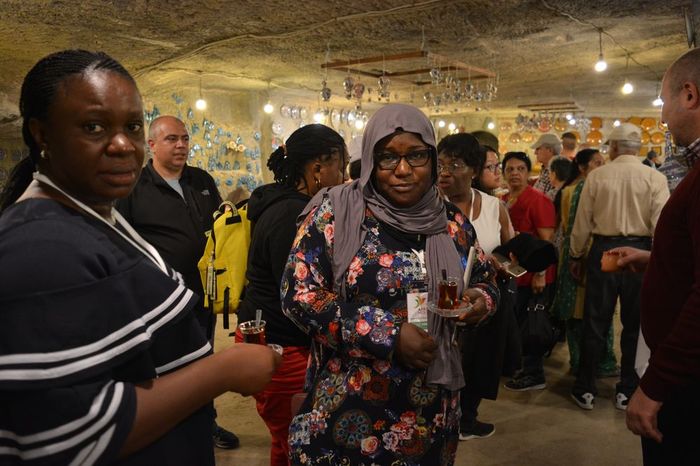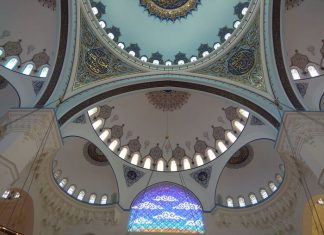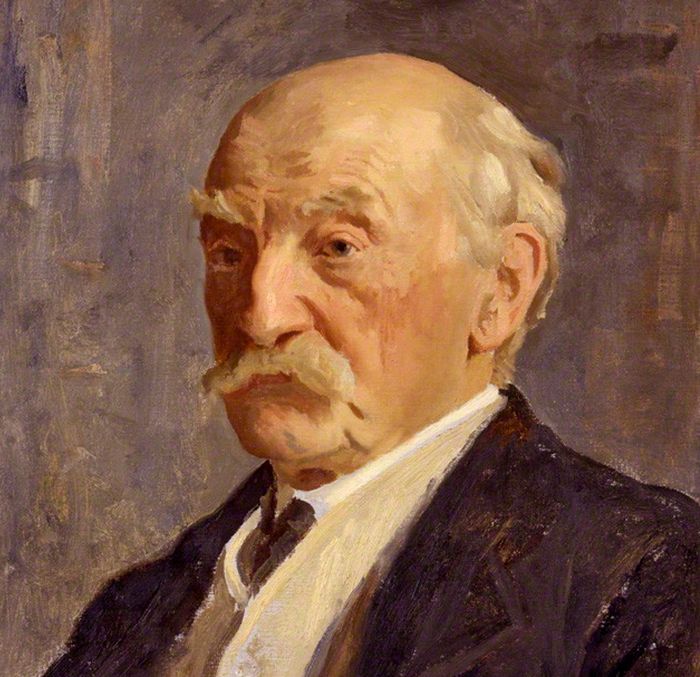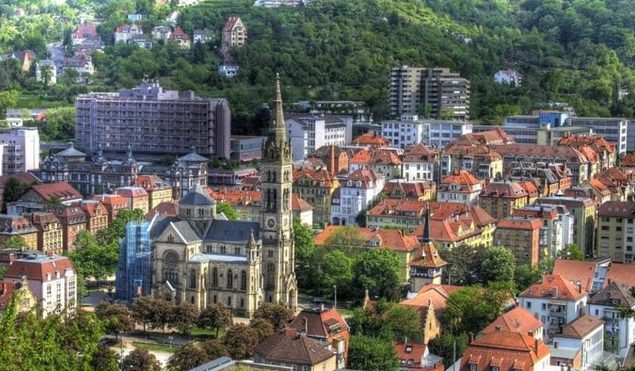176. The Battle of Hades, not far from Nicaea, on 20 August 1057. Cedrenus describes this engagement in some detail (801-2).
177. Theodorus Alopus, a senator.
178. Constantine Lichudes.
179. He later succeeded Cerularius as Patriarch and presided at the ceremony of Isaac’s own tonsuration in 1059.
180. At Nicomedia, 24 August.
181. Brother of Isaac.
182. The Athenian orator (c. 459-380 B.C.).
183. Constantine the Great appointed his sons Caesars before his death: Crispus and Constantine II in 317, Constantius II in 323, and in 333 Constans. The last three afterwards became emperors.
184. Catacalon, who was chiefly responsible for the victory of 20 August, is said to have been most vehement in opposing any compromise with the emperor.
185. Leo Paraspondylus.
186. Comnenus had meanwhile moved to Rheae. There is no doubt that these negotiations were deliberately prolonged, and Psellus with his fellow-ambassadors was plotting with Cerularius to get rid of Michael. We are told by Cedrenus (803) that the ambassadors persuaded Catacalon to oppose their terms in order to delay the final decision until everything was ready at Byzantium.
187. Cf. note 185.
188. Isaac had every reason to feel confidentCthe uprising timed for the 30 August was arranged.
Isaac as emperor
89. Cedrenus’s account is interesting (804-5). The Patriarch pretended to be reluctant to endorse the proclamation of Isaac as emperor. In the end he sent messengers to both the rivals: one to advise Michael to abdicate, the other to Comnenus warning him to hasten to the palace. In fact, Michael did not take refuge in St. Sophia. The Patriarch remained there.
190. Michael Anastasius, Theodorus Chryselius, Christophorus Pyrrhus. The Patriarch sent his nephews, Nicephorus and Constantine, to negotiate with them, but the crowd threatened to strangle these emissaries unless Cerularius himself condescended to meet the conspirators.
191. The night of 31 August 1057. Isaac was now at Chrysopolis.
192. 1 September.
193. Holy men who lived on pillars.
194. Psellus uses this generic term for Pagans.
195. He was crowned by the Patriarch in St. Sophia.
196. Michael lived his last days as a monk in Byzantium.
197. Isaac was about fifty years old. He was born about 1005.
198. Essentially a soldier-emperor, Isaac had little respect for the Court. His reply to someone who reproached him for rebelling against Michael was typical: ‘I couldn’t bear to serve my fellow-slave any more !’ (Scylitzes, 813).
199. Isaac used to say that an emperor should be terrible to foreigners, but accessible to his friends.
Read More about Eudocia 1067 part 31








